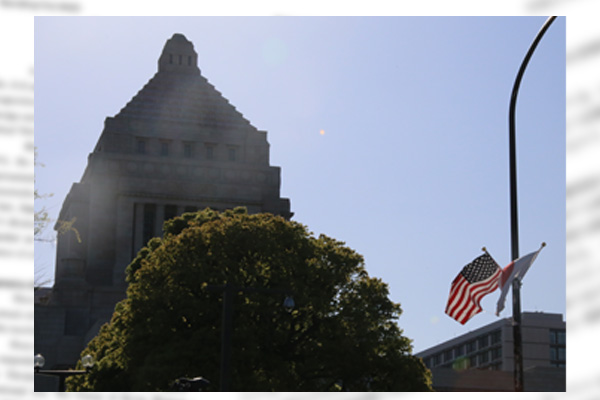Sanae Takaichi, president of the ruling Liberal Democratic Party, was designated as Japan’s prime minister at an extraordinary Diet session on October 21. She is tasked with enhancing Japan-U.S. cooperation to counter expanding China, beginning with close consultations with U.S. President Donald Trump, who is scheduled to visit Japan from October 27 to 29.
Trump Chickens Out on China?
China’s threat is not limited to the military field. China under President Xi Jinping blatantly tramples on the multilateral trade order and wages an economic war of attrition. It overproduces a wide range of products from steel to electric vehicles and solar photovoltaic panels and drives a low-price export offensive. It restricts rare earth exports against the backdrop of its monopolistic supply position. Beijing is poised to regulate the export of products using even small volumes of China-sourced rare earths to third countries such as the United States, potentially barring Japanese automakers from exporting cars to the U.S. without Chinese permission.
In response, Trump on October 10 threatened to impose additional 100% tariffs on Chinese imports from November 1. Two days later, however, he said in a post on his self-operated social media platform: “[Xi] doesn’t want depression for his country, and neither do I. The U.S.A. wants to help China, not hurt it.” This reminds us of the buzzword “TACO (Trump always chickens out).”
Restore trust between Japanese and U.S. leaders first
The Achilles heel of the U.S. is financial markets. As the U.S. is a huge debtor plagued with a balance of payments deficit reaching more than $1 trillion per year, its financial markets lose stability unless the deficit is made up for by capital inflow from abroad. Trump’s announcement of additional 145% tariffs on China in April plunged U.S. financial markets in chaos, prompting the Trump administration to cut the additional tariffs to 30% tentatively.
The only country that can support the U.S. markets is Japan, the world’s largest capital exporter. In earlier tariff negotiations with the U.S., the Shigeru Ishiba government signed a memorandum of understanding to transfer $550 billion in U.S. dollars to projects chosen by Trump over the next three and a half years. The committed amount of money is more than three times as much as the traditional direct investment in the U.S. led by private firms. Government-affiliated financial institutions such as the Japan Bank for International Cooperation (JBIC) are planned to be mobilized, but if mishandled, Japan risks being reduced to little more than an automated teller machine (ATM) for the U.S., potentially draining funds needed for domestic investment.
Takaichi aims to expand domestic investment in areas such as artificial intelligence. Domestic investment is essential to prevent Japan from being swallowed up by China. Takaichi should first restore the close bond of trust between Trump and Shinzo Abe, who served as Japan’s prime minister during Trump’s first term. She should then propose a revision of the Ishiba government’s investment commitments to pave the way for Japan’s economic revitalization that could align with the revival of U.S. manufacturing.
Hideo Tamura is a Planning Committee member at the Japan Institute for National Fundamentals and a columnist for the Sankei Shimbun newspaper.


